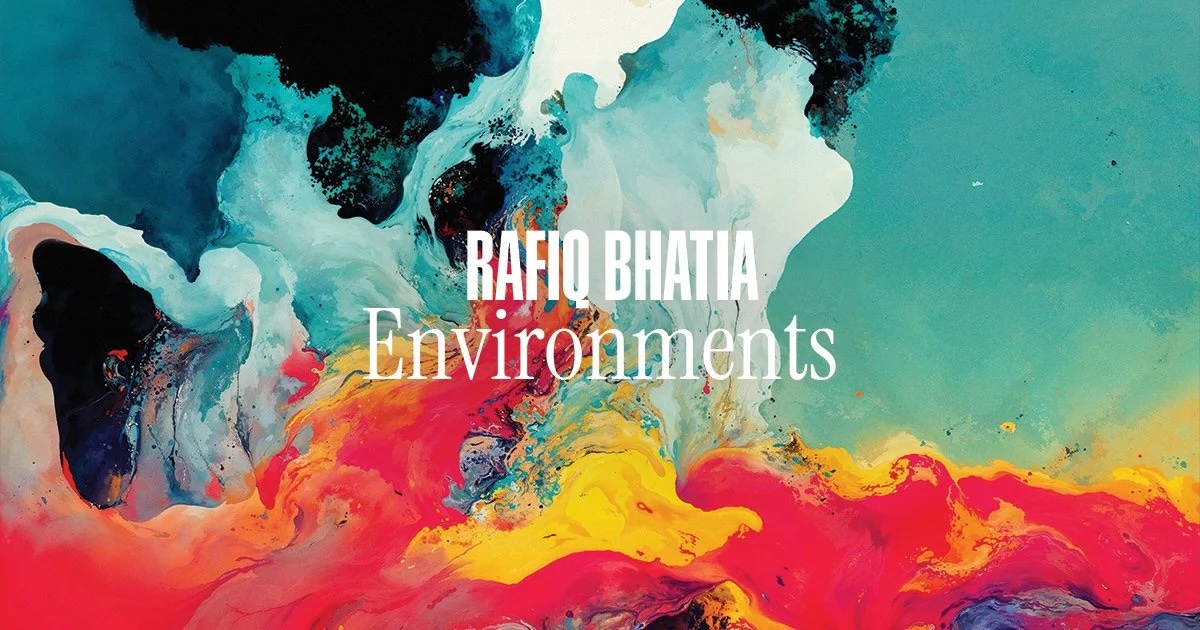
"From 1969 to 1979, a series of field recordings appeared on the Atlantic label under the title Environments. Song titles included "The Psychologically Ultimate Seashore" and "Dawn in New Hope, Pennsylvania" (which would have made a dynamite title for a Ween album), presenting painstakingly recorded sonic representations of places and the sound-worlds they produce. The marketing capitalized on the hippie counterculture, stressing both the transportive and relaxing properties of the sounds. "Better than booze, safer than pot," as a quote from Life magazine put it."
"The album begins, after a spate of faint feedback that gradually coheres into mournful consonance, with the chirp and chatter of birds. But "Aviary I | Sunrise" doesn't contain any samples-the whistles and calls emanate from Bhatia's guitar, aided by pedals and processing. Throughout the album, Bhatia maintains a porous tension between textural noise and lambent melody, his guitar sliding between pitch-shifted scrapes, floating, fragmentary phrases,"
Atlantic's original Environments field recordings marketed transportive, relaxing sonic representations of places during 1969–1979. Rafiq Bhatia's Environments repurposes place-based titling while producing synthetic, unsettling soundscapes rather than soothing nature recordings. Bird chirps on "Aviary I | Sunrise" are generated by Bhatia's guitar through pedals and processing rather than samples. The music sustains a porous tension between textural noise and lambent melody, with guitar moving through pitch-shifted scrapes, foghorn drones, and fractal glimmers. Drummer Ian Chang deploys rhythms that mimic seismic and meteorological impacts, keeping tracks like "Volcano ∆" simmering, while Riley Mulherkar's trumpet adds a bruised, acrid sweetness.
Read at SPIN
Unable to calculate read time
Collection
[
|
...
]